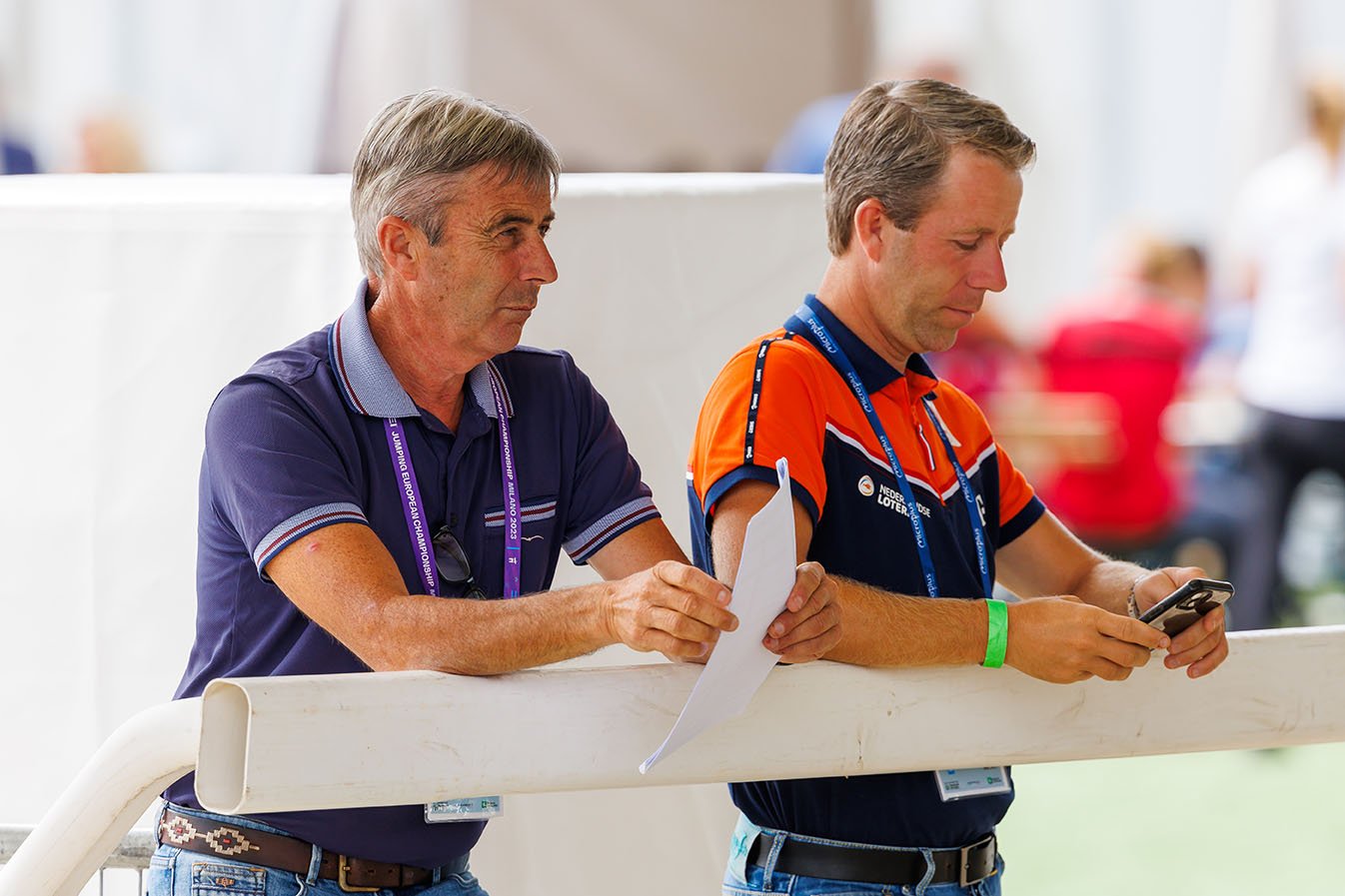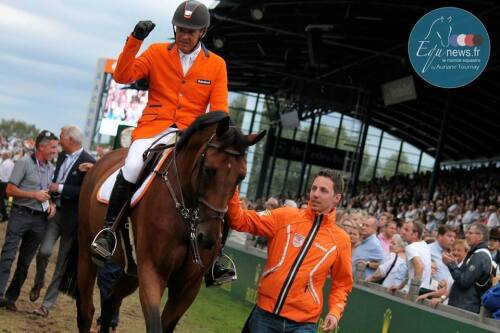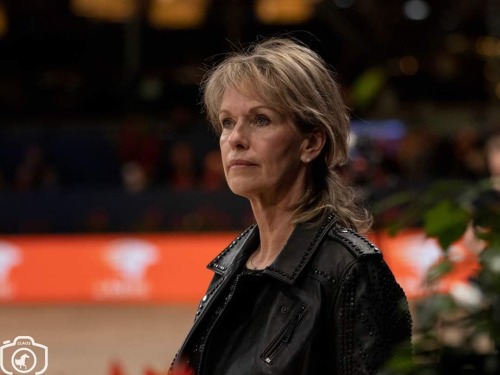Sharing your passion with your son is something special. But being able to practice that passion at the highest level and share it? That’s truly exceptional. Dutch show jumper Eric van der Vleuten proves that equestrian sport can be a lifelong commitment. “Self-criticism is crucial from a young age,” he says. “Those who constantly strive to improve and prioritize their relationship with the horse will grow…”
“…Don’t blindly trust others’ opinions—dare to look in the mirror.” With that mindset, Van der Vleuten immediately sets the tone.
“If mistakes happen, it's usually the rider’s fault—not the horse’s.”
According to Van der Vleuten, young riders today are too quick to make excuses. “When you’ve been in the sport as long as I have, you know: if something goes wrong, it’s rarely the horse’s fault. So don’t ask why your horse made a mistake—ask yourself what you could have done to prevent it. That’s the only way to grow as a rider.”
Horses are the heart, not the fame
“There’s a lot of money in the sport these days,” Van der Vleuten admits. “And yes, that can make it hard to keep both feet on the ground. But for me, it’s all about the horse. Whether I wear a new helmet or a trendy jacket doesn’t matter to me. I’d rather have a good jumping horse and a solid, safe truck. That’s what counts.”
He sees a difference in mentality compared to some riders at other levels. “If you’re more concerned with appearances than with your horse, you’re going down the wrong path. If you want to reach the highest level as a team, you truly have to work together. That starts with getting your hands dirty: riding, grooming, mucking out, walking... getting to know your horse outside the arena. They have to become your partner, your best friend.”
“I want to be with my horses—even at competitions. They need to feel that I’m there for them.”
His day doesn’t start with coffee, but with checking on the horses. “At shows, I walk my horses myself or let them graze between rounds. Not because I don’t have a groom, but because I want to maintain that bond. In the end, that’s what makes the difference in the ring. The stronger the connection, the more the horse is willing to do for you. That’s something I sometimes miss in the younger generation—they don’t take enough time for their horses.”
He refers to his colleague Ludo Philippaerts, who often says:
“There are many people with horses, but few true horse people.”
“And he’s right,” Van der Vleuten nods. “I see myself as a true horseman. I enjoy everything to do with horses, even just grooming or watching young horses free-jump. That’s pure passion. Horses are my life. Period.”
Talent, feeling, and hard work
“Talent is important, but it’s not enough,” he says. “You also need the right feeling—the ability to sense a horse, to understand what’s possible and what’s not. That can’t be taught, but you can get close by showing genuine interest and investing time.”
“Those who are truly interested learn not only from horses, but also from other riders.”
Lunging yourself, walking yourself, grazing yourself—that’s where it begins. But also: watching others. “When you have a new horse, you sometimes see how experienced riders handle that kind of personality. Those are golden lessons. It’s important to observe, learn, and apply those insights to your own approach. Self-criticism remains key: dare to admit when you were at fault.”
And finally: show respect for the horse.
“A horse is a living being that needs movement. They have big hearts and want the best for their rider. As a rider, you have to give that back: variety, fresh air, respect, appreciation—and above all, love. Only then will they stay motivated.”



